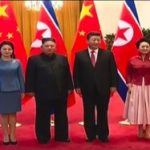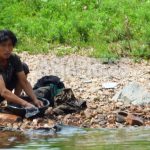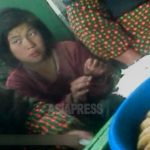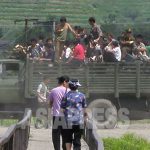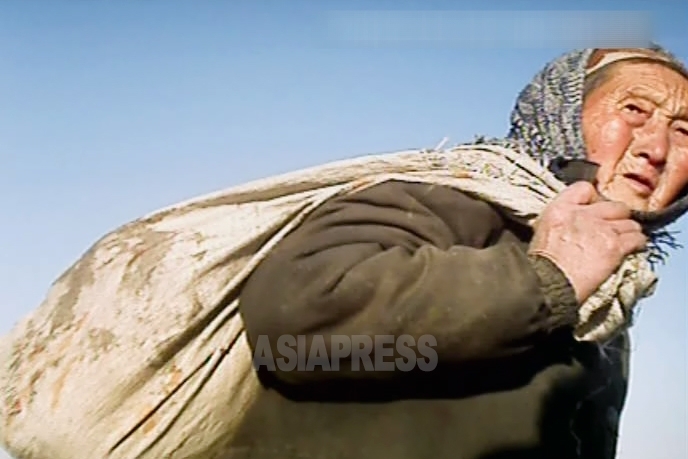
The price of domestically produced rice has skyrocketed this month across North Korea.
The price of domestic rice, which stood at roughly 4,500 won (about 0.53 USD) per kilogram for most of the year, began to rise in July, surpassing 5,500 won (about 0.65 USD) per kilogram by the end of the month.
Multiple reporting partners living in the northern regions of the country were asked to investigate the reason behind the rise in the price of rice.
A reporting partner living in a city in Hamkyung Province explained, “The rice merchants say that, ‘domestic rice is scarce, so it is only a matter of time before it runs out’. The rise in price will likely continue from after the next harvest until the end of the year.”
Still, rice is not disappearing from the markets. Imported Chinese rice is sold at stable prices across all markets.
Most of this Chinese rice, however, is old and was harvested some time ago. The North Korean government, though, continues to import the low-quality, cheap Chinese rice, favoring ‘quantity over quality’.
Domestically produced North Korean rice, on the other hand, is not old and sticky. Due to its higher popularity, it is generally 5% more expensive than Chinese rice. This slight price difference was very stable and had remained unchanged over the last 20 years.
The cause of the domestic rice’s scarcity and subsequent rise in price is presumed to be the effects of last year’s heat wave and drought on production.
It is well known that the Kim Jong-un regime allocates the state’s supply of food primarily to members of the military, public security agencies, party, government ministries, mobilized construction brigades, major companies, and Pyongyang elite, all of whom are crucial to maintaining the regime. These supplies, however, do make their way onto the market, as corrupt officials and needy institutions embezzle their supplies for cash.
The shortage of domestically produced rice has left state institutions and companies with nothing left in their inventories. (Kang Ji-won)
※ASIAPRESS contacts its reporting partners in North Korea through smuggled Chinese mobile phones
- <Inside N. Korea> Dangerous Directive: Kim’s On-Site Order Causes Series of Fatal Construction Accidents (2019-07-29 12:39:30)
- <Inside N. Korea> Power Play: Is China Responsible for Returning Electricity to Border Residents? (2019-07-26 19:00:59)
- <Inside N. Korea> Nationwide Warning Issued After Electric Bike Battery Explodes, Killing Family of 3 in Pyongyang (2019-07-26 12:57:43)
- Forgotten Faces: What Happened to the Thousands who Happily Set Sail for North Korea? (2019-07-25 10:30:13)
- <Inside N. Korea> Cinema Sins: 10 Students Arrested, Condemned Before Crowd of 500 for Watching Foreign Films (2019-07-18 13:22:47)
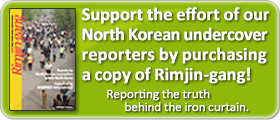 Editor’s notes on North Korean reporters
Editor’s notes on North Korean reporters
ALL REPORTS >>>
ARCHIVE(pdf) >>
DPRK MAP >>
